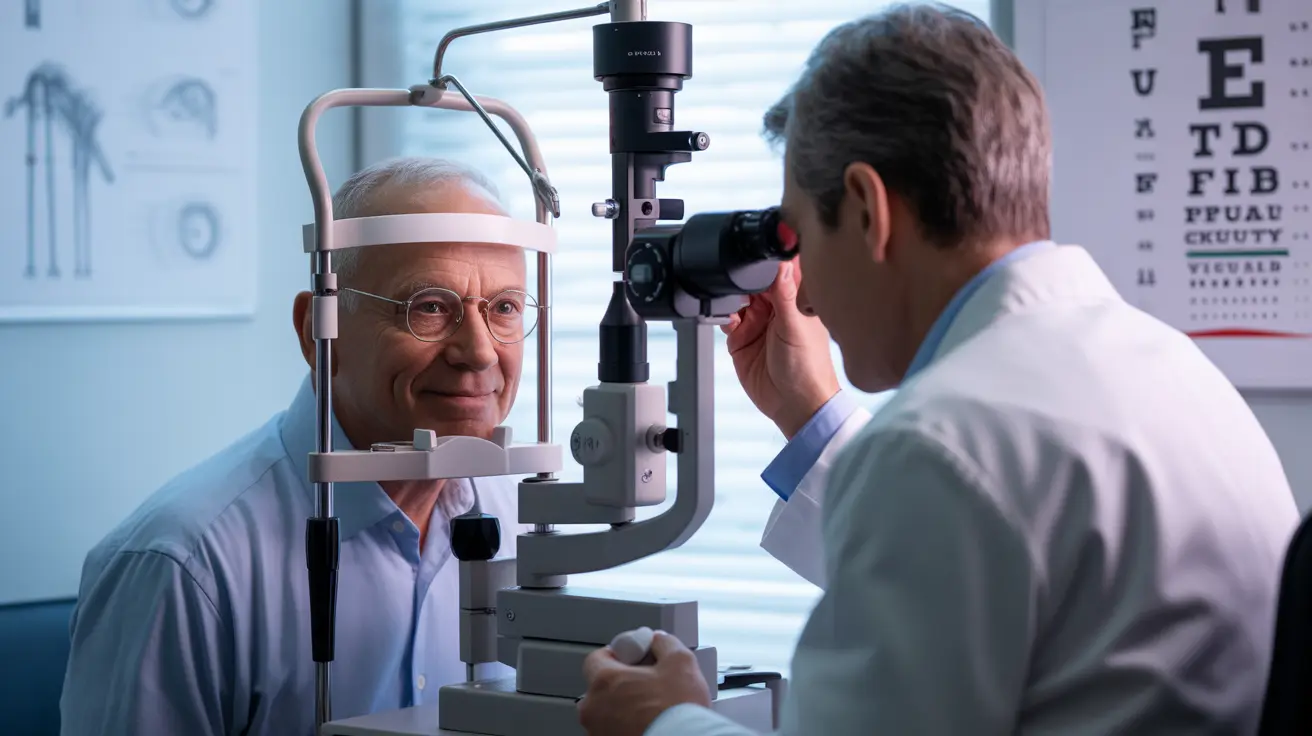Understanding Medicare coverage for glaucoma surgery and treatment is crucial for seniors managing this serious eye condition. With various treatment options available and different parts of Medicare covering different aspects of care, it's important to know exactly what benefits you're entitled to and how to access them.
This comprehensive guide will explain how Medicare covers glaucoma surgery, screenings, and treatments, helping you navigate your healthcare options with confidence.
Medicare Coverage for Glaucoma Surgery
Medicare Part B generally covers medically necessary glaucoma surgery when performed by a Medicare-approved provider. This includes both traditional and laser surgical procedures when deemed necessary to treat glaucoma. Patients typically pay 20% of the Medicare-approved amount after meeting their Part B deductible.
Common surgical procedures covered include:
- Laser trabeculoplasty
- Trabeculectomy
- Tube shunt implantation
- Minimally invasive glaucoma surgery (MIGS)
Glaucoma Screening Coverage Under Medicare
Medicare Part B covers glaucoma screenings once every 12 months for high-risk individuals. You're considered high-risk if you:
- Have diabetes
- Have a family history of glaucoma
- Are African American and age 50 or older
- Are Hispanic and age 65 or older
These screenings must be performed by or under the supervision of an eye doctor legally authorized to provide this service in your state.
Medicare Part B vs. Part D Coverage for Glaucoma
Medicare Part B Coverage
Medicare Part B covers:
- Surgical procedures
- Eye examinations
- Diagnostic tests
- Glaucoma screenings for high-risk individuals
- Injectable medications administered by your doctor
Medicare Part D Coverage
Medicare Part D typically covers:
- Prescription eye drops for glaucoma
- Oral medications related to glaucoma treatment
- Other self-administered medications
Outpatient vs. Inpatient Glaucoma Surgery
Most glaucoma surgeries are performed on an outpatient basis and are covered under Medicare Part B. For these procedures, patients pay 20% of the Medicare-approved amount after meeting their deductible.
In rare cases where inpatient hospitalization is required, Medicare Part A would cover the hospital stay portion of your care, while Part B would still cover the surgeon's fees and other medical services.
Medicare Advantage and Glaucoma Coverage
Medicare Advantage (Part C) plans must provide at least the same coverage as Original Medicare for glaucoma treatment. Many plans offer additional vision benefits that may include:
- More frequent eye examinations
- Lower copayments for surgery
- Coverage for prescription eyewear
- Additional screening benefits
Frequently Asked Questions
Does Medicare cover glaucoma surgery and how much will it pay for the procedure?
Medicare covers medically necessary glaucoma surgery under Part B, paying 80% of the Medicare-approved amount after you meet your deductible. You're responsible for the remaining 20% unless you have supplemental coverage.Who qualifies for Medicare-covered glaucoma screenings and how often are they covered?
Medicare covers annual glaucoma screenings for high-risk individuals, including those with diabetes, family history of glaucoma, African Americans age 50 and older, and Hispanic Americans age 65 and older.What glaucoma treatments are covered by Medicare Part B versus Part D?
Part B covers surgical procedures, eye exams, and doctor-administered medications. Part D covers prescription eye drops and other self-administered medications for glaucoma treatment.Are outpatient glaucoma surgeries covered differently than inpatient surgeries under Medicare?
Yes. Outpatient surgeries are covered under Part B, while inpatient procedures involve both Part A (hospital costs) and Part B (doctor services) coverage. Most glaucoma surgeries are outpatient procedures.Can Medicare Advantage plans provide additional vision benefits for glaucoma care beyond Original Medicare?
Yes, Medicare Advantage plans often offer additional vision benefits beyond Original Medicare, which may include more frequent eye exams, lower copayments, and coverage for prescription eyewear.




